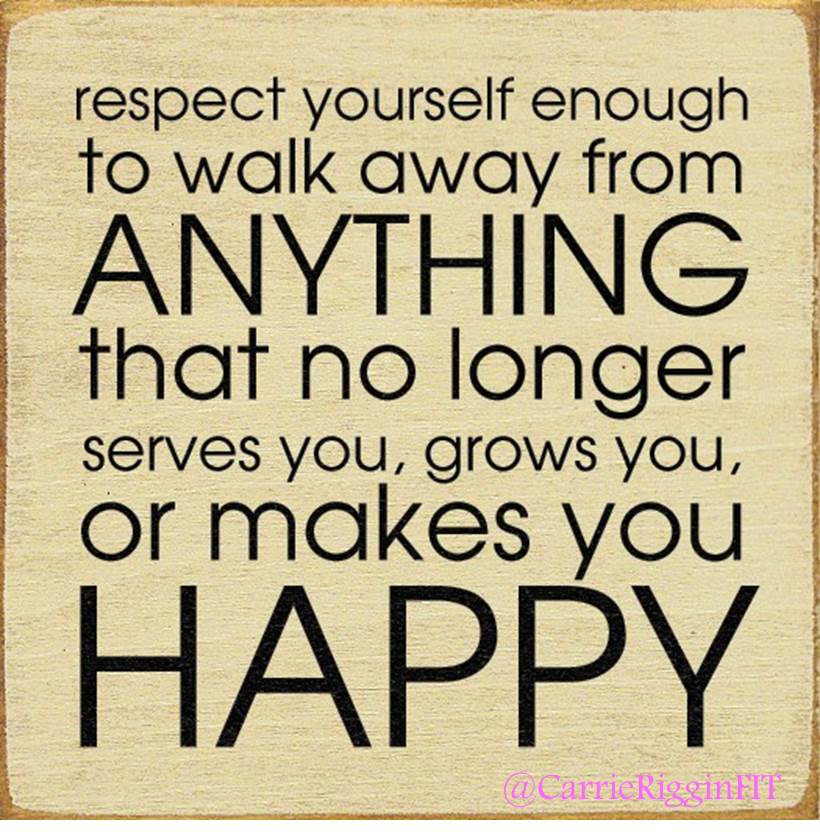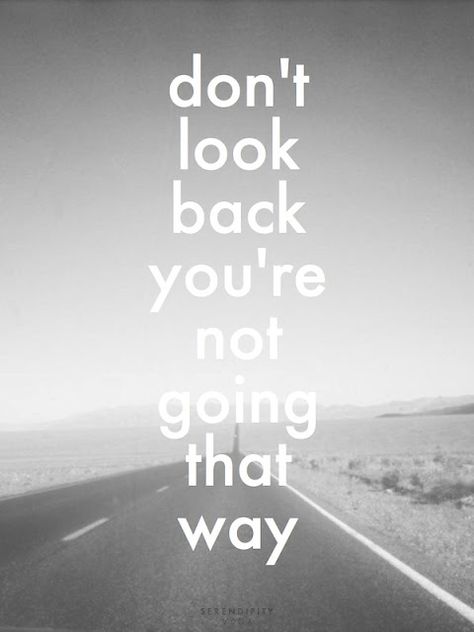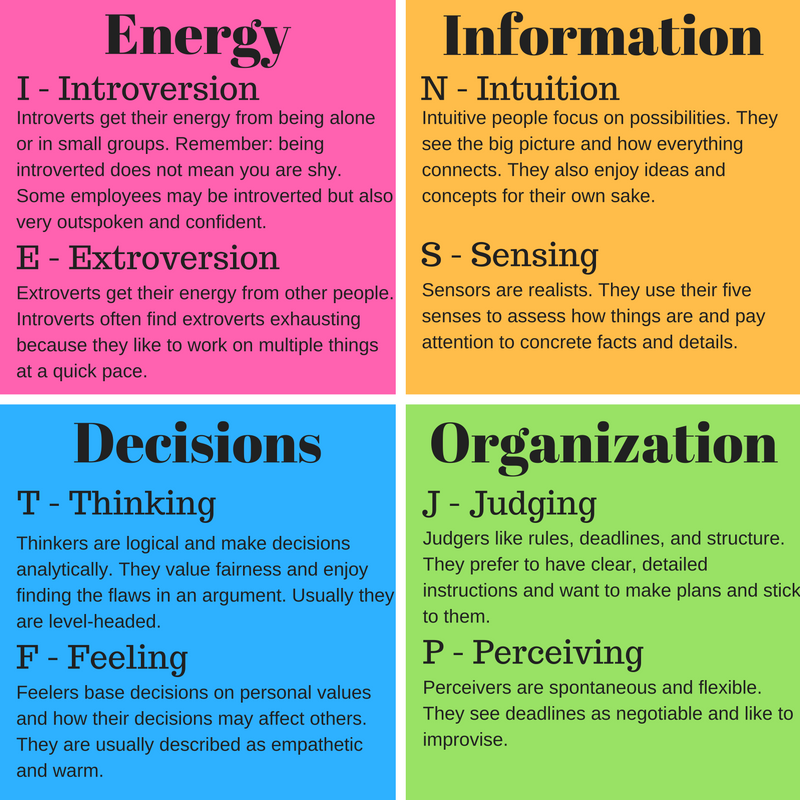Walk away from toxic people
You Don't Need Permission to Walk Away
Toxic people prey on others. They dominate and control, disregard your needs and feelings. They focus on themselves and don’t seem interested in you at all. They seem to see other people as tools instead of whole, autonomous beings.
You may wonder, who would put up with this?
It seems like toxic people zoom in on those with low self-esteem. When you can’t appreciate yourself, it’s hard to stand up for yourself. You’ll second-guess whether you should walk away from toxic relationships, wondering if maybe your perception is off or you did something to deserve to be treated poorly.
It’s an ideal situation for the toxic person. You’ll keep coming back for more. They don’t worry about losing your relationship, so they can let it all hang out. While they inflate their ego, they will suck the life out of your self-esteem, keeping you low so you’re always looking up at them.
It took years to realize that I was visiting a therapist every week and working on my depression and anxiety, but I really just wanted permission once and for all to walk away from the toxic people in my life. I didn’t understand that permission wasn’t necessary, that I’d have to improve my self-esteem in order to get myself free.
I never wanted to belong to any club that would have me. I truly believed that statement. There were days that I was down and when I tried to put my finger on why, the only thing I could come up with was that I was just tired of being me. I didn’t want to be in my head any more. I was tired of seeing the world through my eyes, processing information the way that I do, and interacting with others in my usual way. I didn’t want to crawl into a hole; I wanted to crawl out of my skin.
What was so bad about being me? Well, according to the toxic people in my life, I was worthless. Everything was wrong with me. I had adopted that view so wholly that I never even realized that the self-devaluing voice in my head wasn’t my voice. It was the voice of others.
My self-esteem is still a work in progress, but over time it’s getting easier to be happy in my own skin. When I am cognizant that my self-evaluation is starting to receive low marks, there are some truths that I cling to:
When I am cognizant that my self-evaluation is starting to receive low marks, there are some truths that I cling to:
You can’t depend on the praise of others to in order to value yourself. It would be a beautiful world if we were all walking around telling each other how much we appreciate one another. But how often do those things go unsaid? When was the last time you walked up to someone and told them, “You look beautiful” or “You’re a fascinating person” or “I love your laugh, it lights up my day”?
When you spend so much of your time comparing yourself to others, you can easily compile a pretty terrible image of yourself. The fact is that everyone’s situation seems a little better from the outside, but everyone has their own troubles.
You can trust your gut. Self-doubt loves to pummel self-esteem. Not feeling like you can trust your decisions or perceptions can make a person feel defective. That’s when the judgment snowball begins to roll.
I’m sure you’ve heard of mindfulness — observing your thoughts and feelings in the moment and accepting them as they are, without judgment. I’m not the meditative type — I’m the get on the elliptical and run type. But there is a way to practice mindfulness in a small way throughout the day.
It’s been important for me to put the brakes on when I start to self-judge and feel less than great about myself. Much like snapping a rubber band on your wrist when having anxious thoughts, I picture a big stop sign. Then I tell myself: “You don’t need to self-evaluate right now. This isn’t a test. You don’t need to report marks at the end of the day. You just need to live.”
Toxic people would hate this mantra and that makes me love it even more.
Toxic people don’t appreciate you, so they don’t want you to appreciate yourself, either. They need you to ignore your own needs and desires so you can devote all your time to their needs and desires. They use intimidation to keep you down, which means keeping you from living your truth.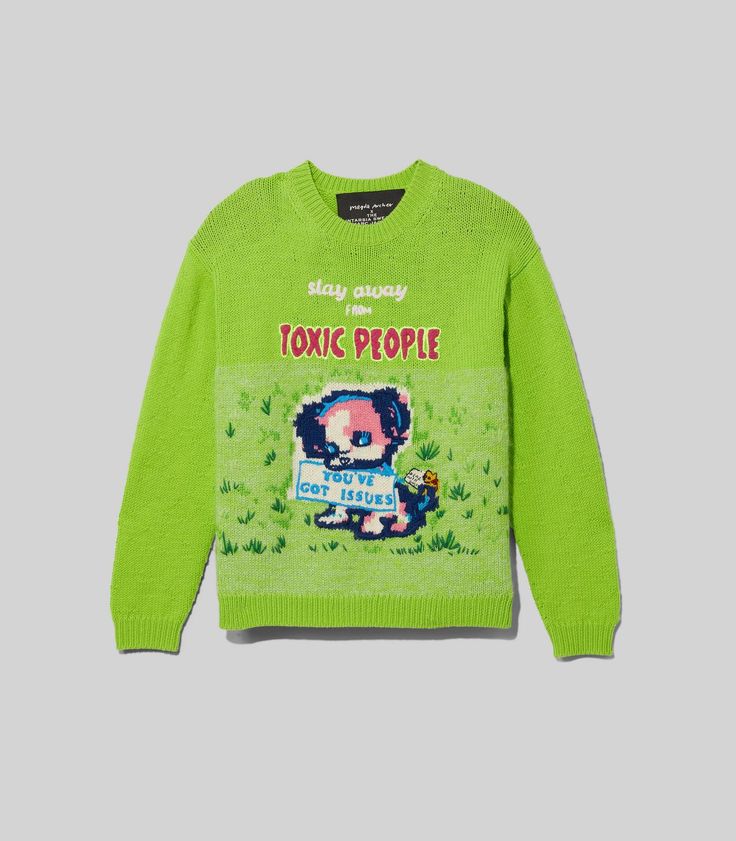 You are a whole and valuable person deserving of respect and love.
You are a whole and valuable person deserving of respect and love.
Stop walking on eggshells and get the courage to walk away. Real friends and loved ones appreciate you as you are and wouldn’t never make you feel unworthy or insignificant. The only thing that might be worthless is continuing to expose yourself to toxic people.
You Don't Need Permission to Walk Away
Toxic people prey on others. They dominate and control, disregard your needs and feelings. They focus on themselves and don’t seem interested in you at all. They seem to see other people as tools instead of whole, autonomous beings.
You may wonder, who would put up with this?
It seems like toxic people zoom in on those with low self-esteem. When you can’t appreciate yourself, it’s hard to stand up for yourself. You’ll second-guess whether you should walk away from toxic relationships, wondering if maybe your perception is off or you did something to deserve to be treated poorly.
It’s an ideal situation for the toxic person.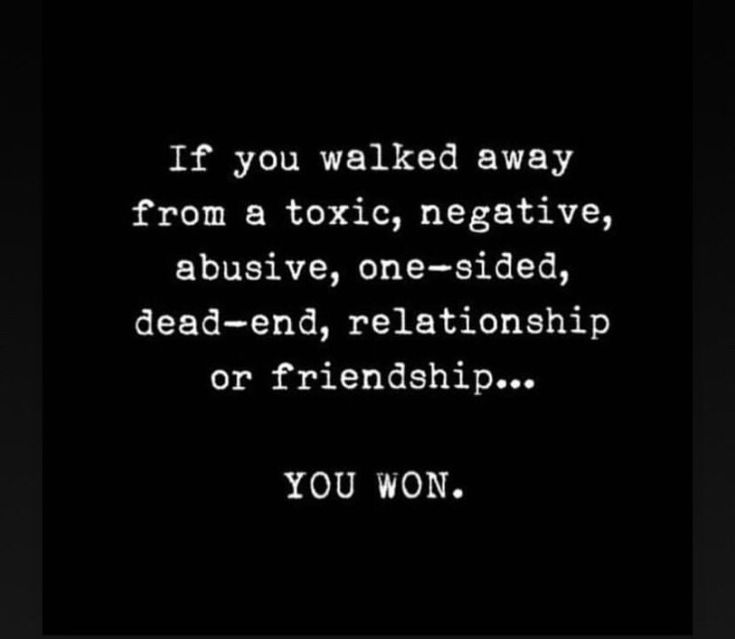 You’ll keep coming back for more. They don’t worry about losing your relationship, so they can let it all hang out. While they inflate their ego, they will suck the life out of your self-esteem, keeping you low so you’re always looking up at them.
You’ll keep coming back for more. They don’t worry about losing your relationship, so they can let it all hang out. While they inflate their ego, they will suck the life out of your self-esteem, keeping you low so you’re always looking up at them.
It took years to realize that I was visiting a therapist every week and working on my depression and anxiety, but I really just wanted permission once and for all to walk away from the toxic people in my life. I didn’t understand that permission wasn’t necessary, that I’d have to improve my self-esteem in order to get myself free.
I never wanted to belong to any club that would have me. I truly believed that statement. There were days that I was down and when I tried to put my finger on why, the only thing I could come up with was that I was just tired of being me. I didn’t want to be in my head any more. I was tired of seeing the world through my eyes, processing information the way that I do, and interacting with others in my usual way.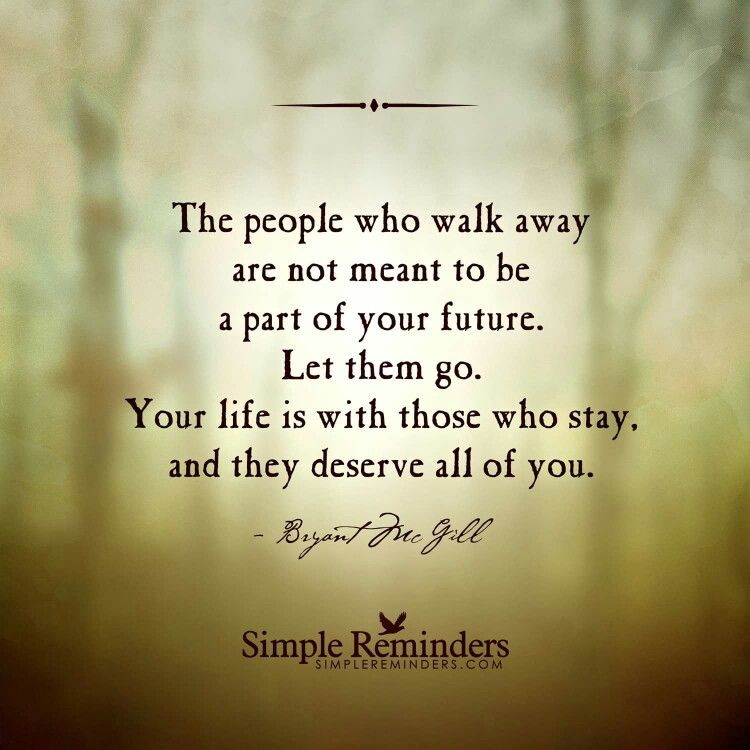 I didn’t want to crawl into a hole; I wanted to crawl out of my skin.
I didn’t want to crawl into a hole; I wanted to crawl out of my skin.
What was so bad about being me? Well, according to the toxic people in my life, I was worthless. Everything was wrong with me. I had adopted that view so wholly that I never even realized that the self-devaluing voice in my head wasn’t my voice. It was the voice of others.
My self-esteem is still a work in progress, but over time it’s getting easier to be happy in my own skin. When I am cognizant that my self-evaluation is starting to receive low marks, there are some truths that I cling to:
You can’t depend on the praise of others to in order to value yourself. It would be a beautiful world if we were all walking around telling each other how much we appreciate one another. But how often do those things go unsaid? When was the last time you walked up to someone and told them, “You look beautiful” or “You’re a fascinating person” or “I love your laugh, it lights up my day”?
When you spend so much of your time comparing yourself to others, you can easily compile a pretty terrible image of yourself. The fact is that everyone’s situation seems a little better from the outside, but everyone has their own troubles.
The fact is that everyone’s situation seems a little better from the outside, but everyone has their own troubles.
You can trust your gut. Self-doubt loves to pummel self-esteem. Not feeling like you can trust your decisions or perceptions can make a person feel defective. That’s when the judgment snowball begins to roll.
I’m sure you’ve heard of mindfulness — observing your thoughts and feelings in the moment and accepting them as they are, without judgment. I’m not the meditative type — I’m the get on the elliptical and run type. But there is a way to practice mindfulness in a small way throughout the day.
It’s been important for me to put the brakes on when I start to self-judge and feel less than great about myself. Much like snapping a rubber band on your wrist when having anxious thoughts, I picture a big stop sign. Then I tell myself: “You don’t need to self-evaluate right now. This isn’t a test. You don’t need to report marks at the end of the day.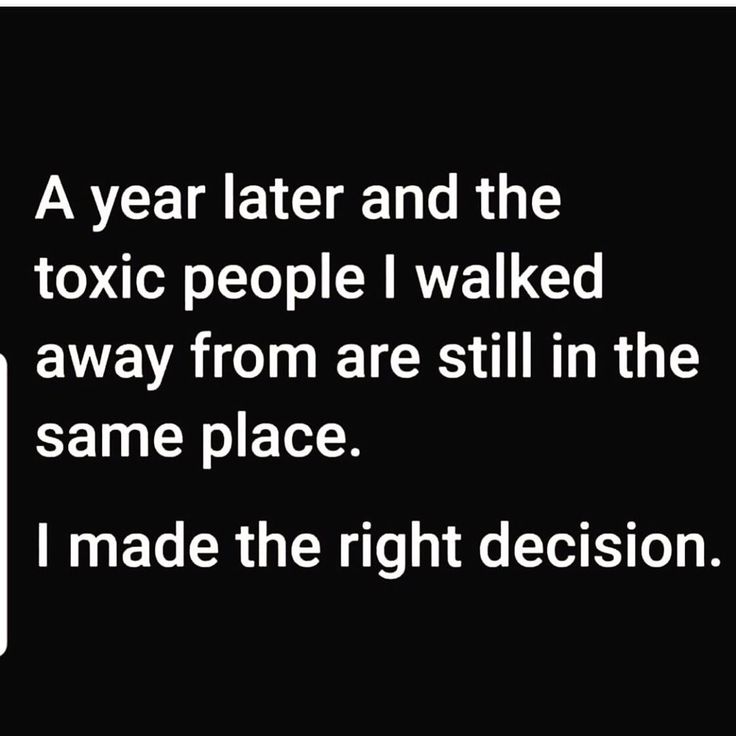 You just need to live.”
You just need to live.”
Toxic people would hate this mantra and that makes me love it even more.
Toxic people don’t appreciate you, so they don’t want you to appreciate yourself, either. They need you to ignore your own needs and desires so you can devote all your time to their needs and desires. They use intimidation to keep you down, which means keeping you from living your truth. You are a whole and valuable person deserving of respect and love.
Stop walking on eggshells and get the courage to walk away. Real friends and loved ones appreciate you as you are and wouldn’t never make you feel unworthy or insignificant. The only thing that might be worthless is continuing to expose yourself to toxic people.
Ways to protect against toxic people in the environment
Before talking about protection from the effects of toxic people, let's define what this now popular concept means. If there is a pessimist in your environment, always offended, quick-tempered person, around whom there are always scandals and squabbles, and after talking with him you do not feel well, then here he is - a toxic person.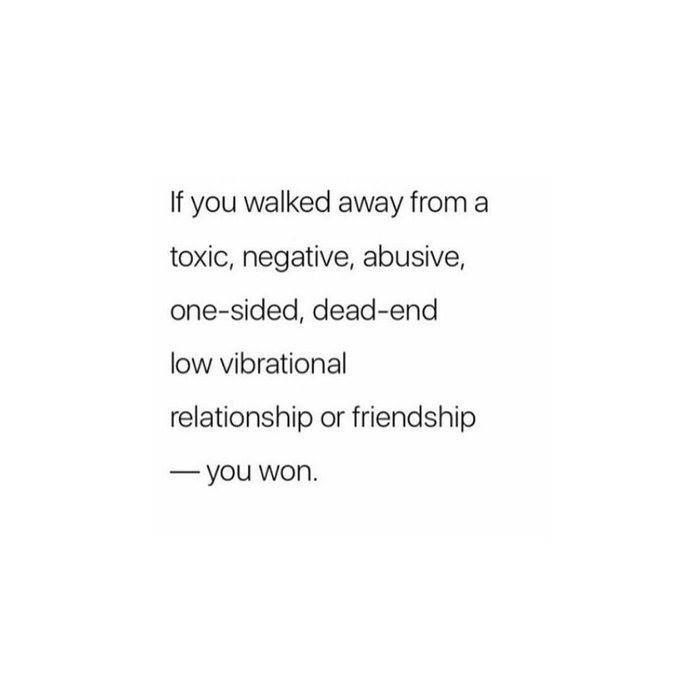 Of course, the first thought is to exclude communication with such people. But what to do if these are people close to you, colleagues, relatives? Lyudmila Tkachenko, a psychologist at the Kutuzovsky family center, shares her advice.
Of course, the first thought is to exclude communication with such people. But what to do if these are people close to you, colleagues, relatives? Lyudmila Tkachenko, a psychologist at the Kutuzovsky family center, shares her advice.
Emotional distance
You should keep your emotions under control, and sometimes it is better to choose a neutral line of behavior, such as nodding and agreeing. As an example, if you are comforting your upset friend, don't let her make it a daily tradition, otherwise you will become mired in her experiences, which will affect your emotional state. But if you keep your distance, building a constructive dialogue, not absorbing negative information, you can develop your own internal filter from other people's bad emotions and problems.
Another way to neutralize a toxic interlocutor is to ask him the question: “How and when are you going to solve your problem?” He will either change the subject or shut up because he is going to complain, not solve the problem.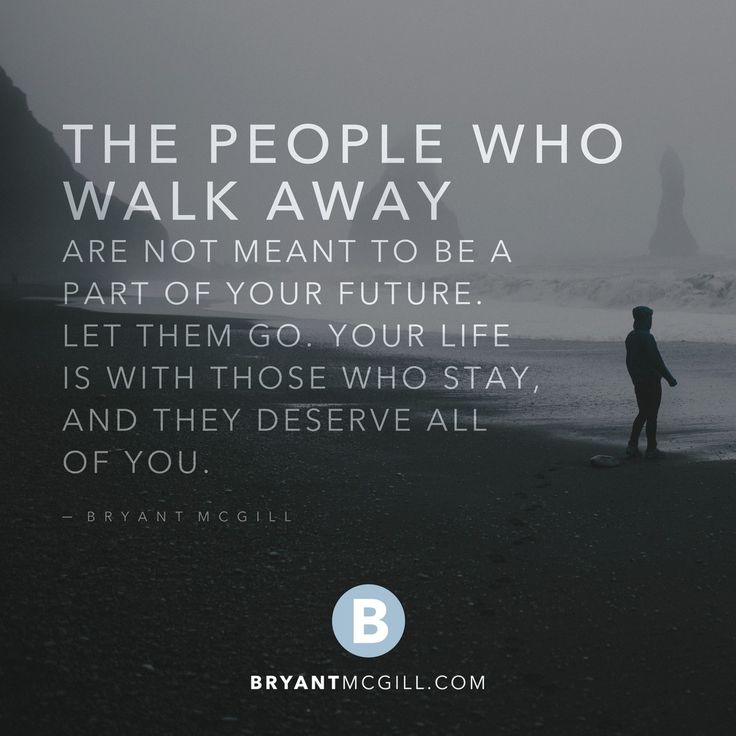 Remember that only the search for a solution is constructive, not an experience.
Remember that only the search for a solution is constructive, not an experience.
Minimize communication
When it comes to mental health, it pays to make informed choices. If it is impossible to completely refuse to communicate with a person, you need to minimize contacts with him as much as possible. For example, if you are forced to communicate with a toxic colleague, limit communication with him until work issues are resolved. If we are not talking about workmates, you can put calls and notifications from toxic subscribers to silent mode, because you are not at all obliged to stop what you are doing and answer messages right now.
Toxic people need your feedback, and if they don't get it, they move on to the next victim. Alternatively, for some people, you can become a very boring, unmotivated interlocutor who cannot be pissed off.
Do not pretend that everything suits you
If you openly say that the existing relationship does not suit you, then there are two scenarios: either the person will begin to change his behavior for the better, or he will stop communicating with you.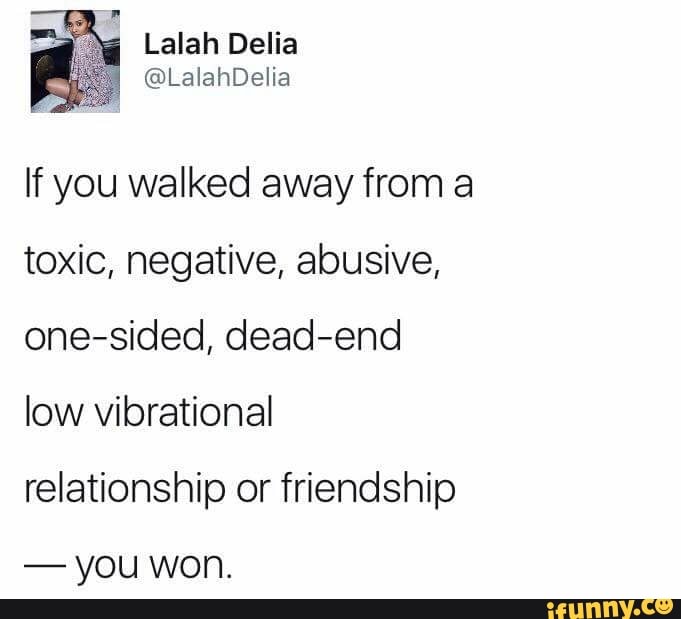
For example, if you once loaned a colleague and didn't get the money, don't expect him to keep his promise next time. Most likely, he will only enjoy your good attitude and trust. Yes, it’s not very pleasant to remind about debts, especially if you maintain friendly relations with a person, but you don’t need to justify the behavior of the debtor and pretend that everything is fine.
Know how to stand up for yourself and your boundaries
All toxic people are manipulators. You must let them know that you can stand up for yourself and are not going to be manipulated by him. A good way is to set time limits in communication. For example, if your girlfriend is a toxic person, set a time limit for communication, explaining it with things that cannot be postponed. If communication with her cannot be limited at all, suggest that she contact a psychologist with her problem.
If a colleague violates boundaries, provokes conflicts and “puts a spoke in the wheel”, it is worth talking with the manager about the division of responsibilities between you.
Take responsibility only for yourself
Do not take responsibility for other people's problems, because the goal of a toxic person is to shift this responsibility onto the shoulders of others. You were asked for advice, you expressed your opinion on how to solve this or that problem, but this decision turned out to be wrong. You will be the last one in this situation, and you will be made to feel guilty. Stop all opportunities to involve you in solving the problems of toxic people.
Source: Rossiyskaya Gazeta
Press Service of the Moscow Department of Labor and Social Protection
Toxic relationships: what are they, signs, how to get out, advice from a psychologist
The topic of toxic relationships seems to be studied up and down - but no matter how many times it rises, there will always be those who for the first time ask themselves the question: is everything okay in my relations with others? Someone will be prompted to think about this by a persistent sense of anxiety about the fact that contact with someone from the environment again and again brings pain, and someone, perhaps, constantly hears from relatives that his behavior is unbearable.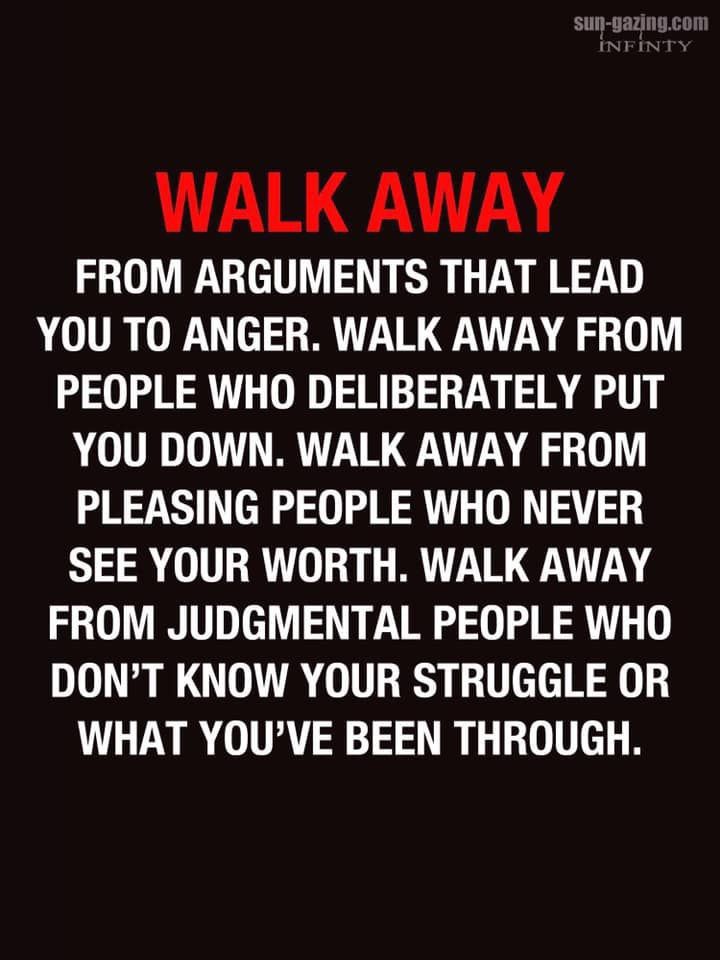 In both cases, we can talk about those same toxic relationships.
In both cases, we can talk about those same toxic relationships.
The author of the article is Alena Golzitskaya, researcher at the Psychological Institute of the Russian Academy of Education, systemic family psychotherapist, specialist in the service for the selection of psychologists Alter
What is a toxic relationship
Advertising on RBC www.adv.rbc.ru
In the broadest sense, toxic relationships are relationships in which one or both parties experience negative experiences associated with insecurity in the communication process. The threat can be both real and experienced subjectively, and affect the emotional and physical levels of interaction. In other words, any behavior that starts with hurtful jokes, bullying, ridicule and ends with physical violence falls under the category of toxic. Who is most likely to become a long-term participant in a toxic relationship? People who grew up in families that practiced abusive behavior are most prone to this.
The main question that arises in this connection is: “At what point should I think that something is wrong with my relationship?”
A still from Big Little Lies
© Kinopoisk
Toxic Relationship Test
There are several main signals that you have a toxic relationship in your life:
- from your environment.
- These people just by their appearance cause you negative experiences, as it is difficult for you to predict how your communication will develop today.
- You may not feel safe in contact with them, as they allow themselves offensive remarks, may be aggressive towards you, deceive or manipulate you.
- Your emotions are not taken seriously by such people - you often hear from them that you cannot feel what you feel.
- Your attempts to defend your borders cause aggression or resentment in such people.
- You are only accepted or approved when you do something convenient or important for these people.
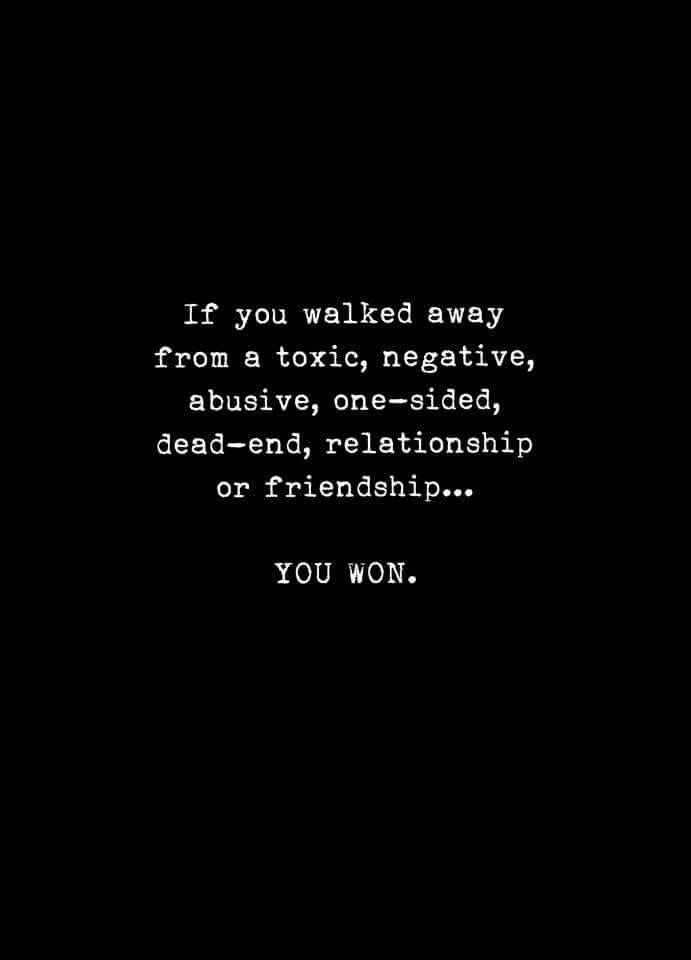
- Your interests and needs are not taken into account or depreciated, when trying to satisfy them, such people often accuse you of narcissism and selfishness.
- You often find yourself feeling "going crazy" - so different is your perception of situations of contact with such people from how they describe them.
These are signs that a victim of emotional abuse may pay attention to. But what about the other side, the one that serves as a source of toxic behavior?
The fact is that most often the perpetrators of toxic relationships do not want to admit that they are doing something wrong. It may seem to them that they could not have behaved differently, that everyone does it, that the victim “deserved it herself.” This happens, among other things, because they have a system of psychological defenses that allows them to reduce feelings of guilt and shame for what is happening.
Still, sometimes they also think that something is going wrong - this can be facilitated by persistent feedback from others, indicating their dissatisfaction with the way the person using emotional abuse behaves.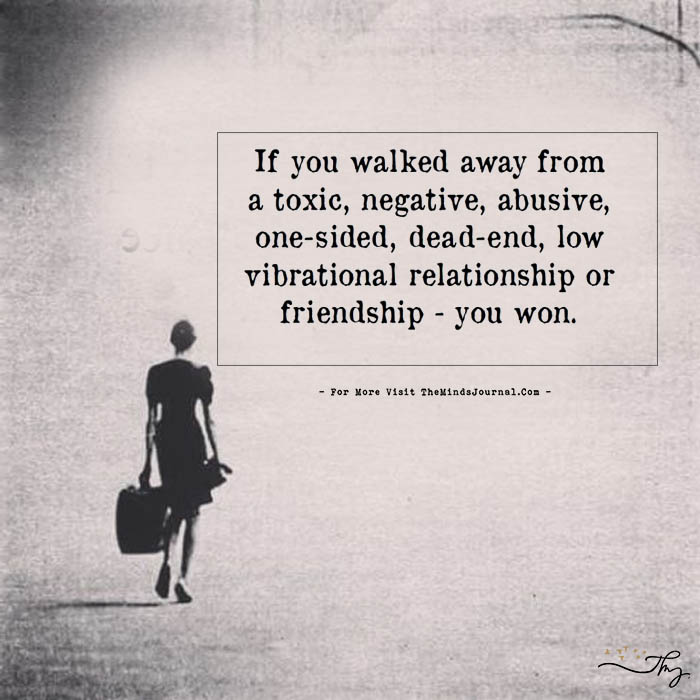
If you are the source of the toxicity
When should you consider that you may be the source of the toxic relationship?
- If you constantly do not have contacts with others, people get angry at you, break off relations, do not want to continue interaction.
- If you can't build and maintain (assuming repeated attempts) long-term close relationships, partners leave you, and you don't understand why.
- If relatives complain about your aggressiveness, intolerance.
- If they repeatedly say that you are unbearable.
- Your loved ones give you an ultimatum to contact a psychologist in order to prevent a final break.
A still from Sharp Objects
© Kinopoisk
Signs of a toxic relationship
What are the main features of toxic behavior? Here are the main ones:
- The desire to be guided primarily by one's own interests and needs without taking into account the interests of others.

- Lies with the intent to cause harm (moral and physical).
- Forcing others to do something that is not in their interests.
- Manipulation with the topics of illness, suicide, suffering, breakup.
- Guilt, shaming others in order to achieve their goals.
- Insults, including inappropriate jokes, humiliation, threats.
- Imposing one's opinion as the only possible one.
- Infringement of the right of others to freedom of choice - partner, friends, religion, and so on.
- In the case of toxic parental behavior - ignoring the needs of the child, putting forward conditions and requirements for normal contact, excessive indulgence, physical punishment.
- Presence of physical violence in communication.
Consequences of being in a toxic relationship
The main consequences for those who have been abused can be:
- problematic self-esteem;
- increased anxiety in contacts with others;
- difficulties in maintaining close relationships and sometimes even rejecting them.

People who practice toxic behavior, if they do not want to change it, may face aggression in their direction, the unwillingness of others to cooperate, be in the same company or have at least some communication with them.
Frame from the film "Valentine"
© Kinopoisk
How to get out of a toxic relationship
Much depends on how pronounced the negative personality traits of a person who allows himself to behave toxicly with others. If such a person has, for example, very pronounced and fixed behavior patterns that involve manipulation, depreciation, lies, and even physical violence, then in some cases we can talk about personality disorders (a term from psychiatric practice).
People with narcissistic and antisocial personality disorders, for example, are almost never able to stop using what is called toxic behavior. This is because they either have very little empathy (the ability to sympathize with others), or their goals do not imply the use of it.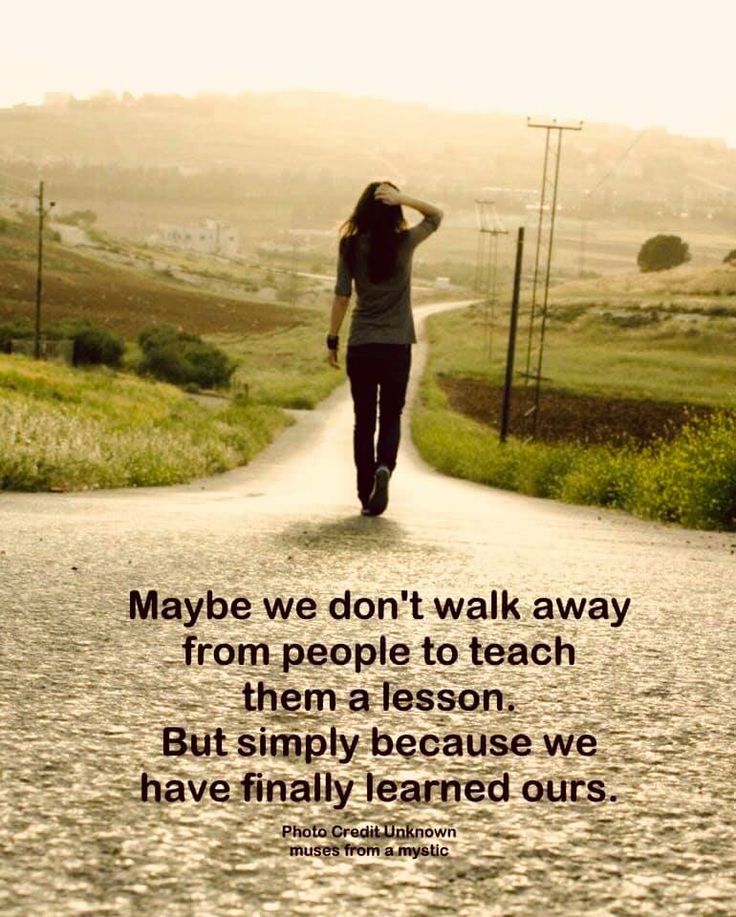 For example, criminals who live by deceiving others simply do not consider their suffering, and this is their conscious choice.
For example, criminals who live by deceiving others simply do not consider their suffering, and this is their conscious choice.
If a person who carries out emotional violence against others has the opportunity to become more conscious, and he is inclined to take into account that his behavior is harmful, then the forecast may be more optimistic. In this case, working with a psychotherapist can give a certain result.
What to do if you understand that toxic relationships are present in your life
First of all, try to find a good psychologist with whom you can discuss the current situation and get his expert opinion. Why is it important? People who initiate emotional abuse are often so convincing that the reason for everything is solely your “wrong” behavior that it is sometimes very difficult to see the real situation and defend yourself. Especially if you have been in a situation where you have been blamed for years, or such a person is your parent. Then the formed stable perception of oneself as “bad and guilty” may not allow one to break out of the fetters of abuse on their own.